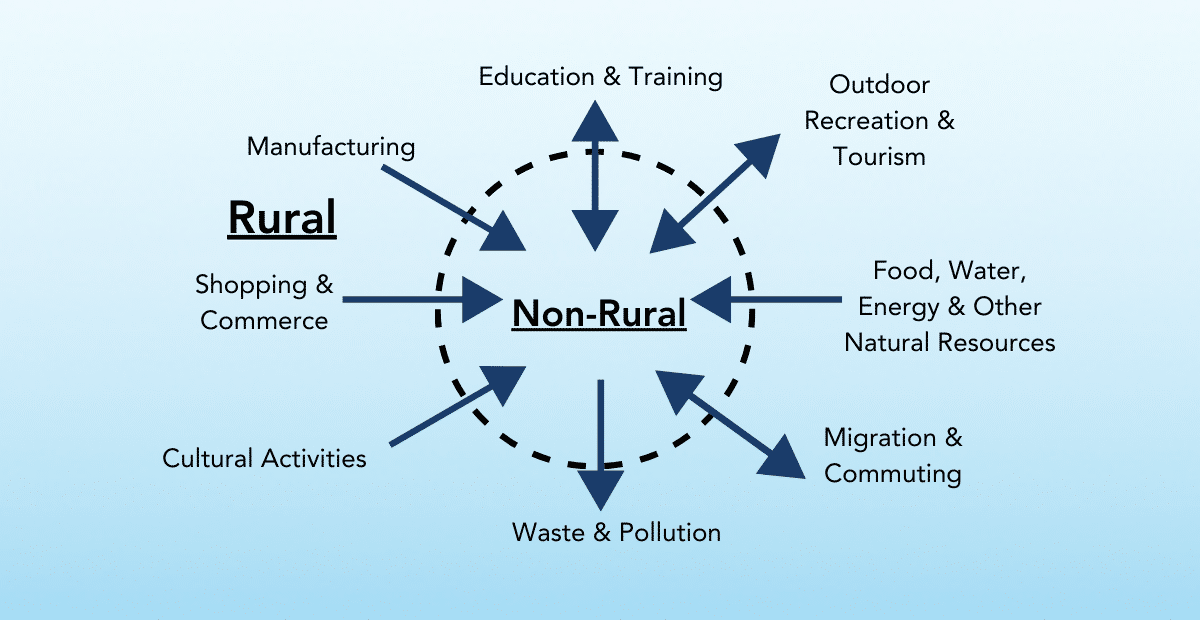View this Publication
Report finds that the passage of NAFTA caused lasting effect in low-wage economies in both the United States and Mexico.
Authors argue that low-wage approach to economic integration will continue with or without NAFTA; the treaty was thus designed not to promote economic changes but to improve the domestic political fortunes of U.S. President Bush and Mexican President Salinas. Report points to growing presence of maquiladora factories along the border as evidence of U.S. job displacement, regardless of NAFTA.
Because of laissez-faire approach of economic development in which transnational corporates seek the lowest possible labor costs through liberalization, privatization, and deregulation- NAFTA should be understood as symptom of broader problem, not as the problem itself. Policy recommendations to offset effects in Mexico include Tax Reform (capital gains, correct regressively), Health and Education reinvestment, Minimum Wage increases, Environmental Standards and Privileged Market Access.








